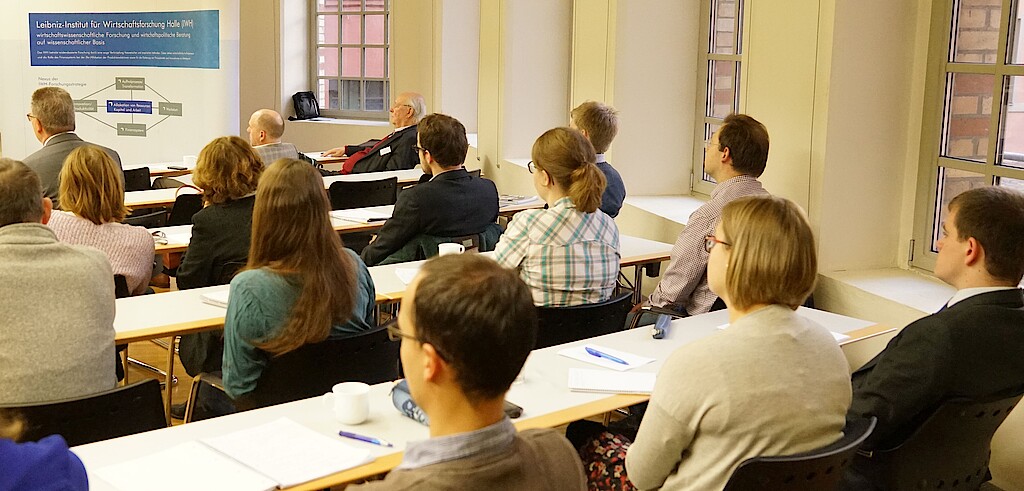
14:15 - 15:45
Technological Change and Skill Demand in Non-Competitive Labor Markets
This paper investigates the consequences of technological change in the presence of non-competitive labor markets. We propose a model of technological progress where firms invest in innovation in the hope of developing new technologies.
Wer
Wo
This paper investigates the consequences of technological change in the presence of non-competitive labor markets. We propose a model of technological progress where firms invest in innovation in the hope of developing new technologies. A successful innovation elevates firm- level labor demand, and so firms have to raise wages to hire more workers. Unlike in models where wages are set competitively, in this framework firm-level wage responses reveal information about the nature of technological change. We show that one can infer the extent which technological change is skill biased by jointly investigating the effect of innovation on the firm-level skill ratio and on the skill wage premium. We apply this idea by exploiting unique firm-level innovation surveys linked to employee-employer data from Hungary and Norway. We show that firm-level technological change raises the skill ratio and also the skill premium in both countries. The increase in the skill-premium is not driven by the change in composition of the workforce and, in line with the predictions of the non-competitive labor markets, wages of new entrants are also affected. Both high- (e.g. R&D based) and low-novelty value innovations are equally skill biased. Among low-novelty innovation types, technological innovation are the most skill-biased, while organizational innovation is less so.





